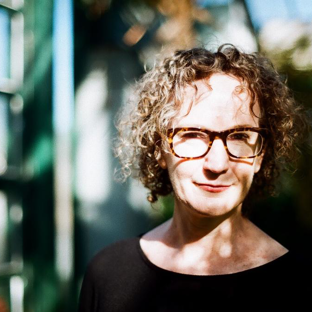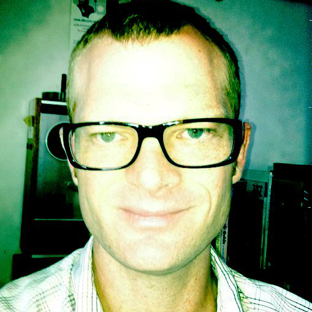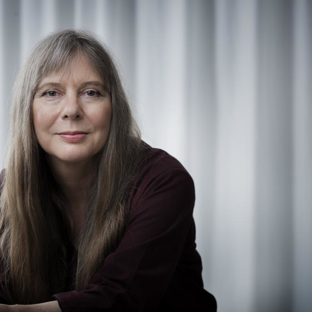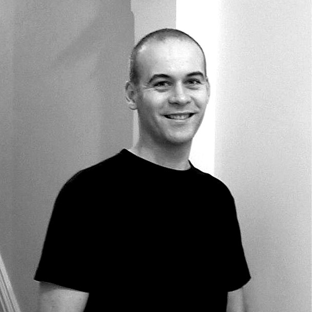Is there such a thing as Australian science fiction – when you’re dealing with other worlds, does the nationality of the writer (and the setting) matter? Are there any questions or issues that Australian science fiction is uniquely positioned to address? And what’s so good about science fiction, anyway?
Doug Hendrie will talk to Jane Rawson, Lucy Sussex, Andrew Macrae and Max Barry about why they read and write in the genre, and what it means to be an Australian sci-fi writer.
Featuring

Jane Rawson
Jane Rawson writes novels, essays and stories, mostly about climate change and animals. Her latest novel is From the Wreck. She lives in Tasmania's Huon Valley and works for a conservation organisation.

Andrew Macrae
Andrew Macrae grew up in Toowoomba in regional Queensland, raised on the sound of prime movers grinding up and down the Great Dividing Range at night. He had a thing for the 1970s trucking movies that seemed to be on the black and white TV every Friday and Saturday night, and his first novel Trucksong grew out of these cultural memories, along with a healthy dose of Mad Max 2.
He now lives in Melbourne, where he runs a freelance writing and editing business called Magic Typewriter. His short fiction has appeared in Australian speculative fiction markets such as Agog!, Aurealis, Orb, Midnight Echo and Fantastical Journeys to Brisbane (edited by Zoran Zivkovic, Geoff Maloney and Trent Jamieson). Trucksong was nominated for three awards for Australian science fiction in 2014: the Aurealis, Ditmar and Norma K. Hemming.
Andrew also plays guitar in Melbourne instrumental rock band The Television Sky.

Lucy Sussex
Lucy Sussex was born in New Zealand, and her writerly interests include science fiction, women’s writing, Australiana, crime fiction and horror. Her fiction has appeared widely, and been translated into various languages, including Polish and Japanese. She has edited four anthologies, including She’s Fantastical (1995), which was shortlisted for the World Fantasy Award.
Her award-winning fiction includes books for younger readers; and the neo-Victorian novel, The Scarlet Rider. She has five short-story collections, My Lady Tongue, A Tour Guide in Utopia, Absolute Uncertainty, Matilda Told Such Dreadful Lies (a best of), and Thief of Lives.
She has also been a long-standing newspaper reviewer. Her non-fiction books include studies of the mothers of the mystery genre, and colonial travel diaries. Her latest project is Victorian Blockbuster: Fergus Hume and The Mystery of a Hansom Cab, about how a semi self-published book from Melbourne became the biggest-selling detective novel of the 1800s (Text, 2015).
Doug Hendrie
A freelance foreign correspondent, magazine writer and lecturer at the University of Melbourne, Doug’s interest is in the unusual – subcultures, personalities, histories.
He’s reported on everything from Gold Coast sex surrogates to the Cave Clan urban explorers of Melbourne, and was the principal researcher for Jacqueline Kent’s biography of Julia Gillard.
His work has been published in the Christian Science Monitor (US), the Diplomat, the Australian, the Age, the Griffith Review, Good Weekend, Edge magazine (UK), PC Powerplay, Penthouse Australia, New Matilda, ABC’s The Drum, New Matilda, Sunday Life and more.

Max Barry
Max Barry is the author of the novels Syrup (an LA Times Best Book of the Year), Jennifer Government (a New York Times Notable Book), and Company (a New York Times bestseller), and the web serial Machine Man.
He is also creator of the online political game NationStates, which has been played by over two million people.
His next novel, Lexicon, will be published in 2013.
He is 39 and lives in Melbourne with his wife and two daughters.
